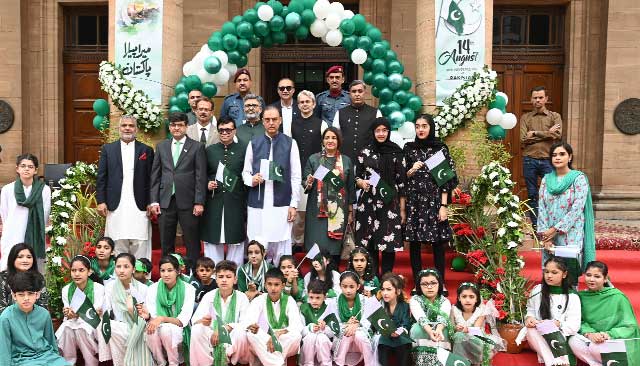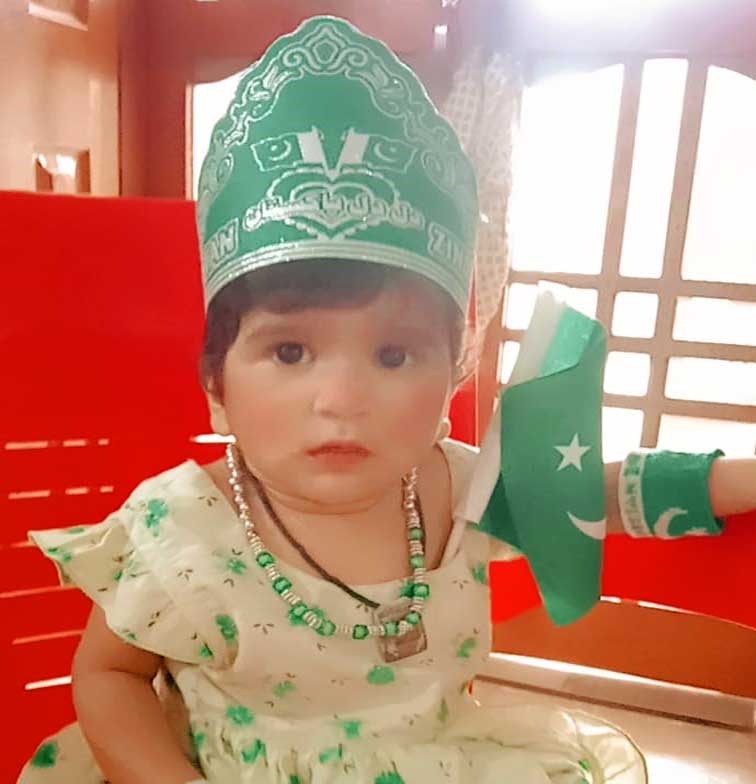A senior textile industry expert highlights causes of a significant
decline in textile exports and the associated challenges; He also
highlights the critical factors impacting Pakistan’s textile sector
Muhammad Umar Waqqas
KARACHI: The textile industry is the largest manufacturing industry in Pakistan. Pakistan is the eighth largest exporter of textile commodities in Asia. Textile sector contributes 8.5% to the GDP of Pakistan. In addition, the sector employs about 45% of the total labour force in the country (and 38% of the manufacturing workers). Pakistan is the fourth largest producer of cotton with the third largest spinning capacity in Asia after China and India and contributes 5% to the global spinning capacity. At present, there are 1,221 ginning units, 442 spinning units, 124 large spinning units and 425 small units which produce textile.
The Textile Sector of Pakistan is the heart and soul of this nation since Independence. It is the largest Manufacturing Industry in Pakistan. Export of $3.5 billion (6.5% of total exported cotton in world) in 2017-2018. Certainly, the textile industry in Pakistan is a crucial sector that plays a significant role in the country’s economy. With a rich history dating back to the pre-independence era, the textile industry has evolved into one of the largest contributors to Pakistan’s exports and employment.
But presently Pakistan’s textile industry is facing severe challenges such as high energy costs, liquidity crises, tax refund issues, import restrictions, non-implementation of policies, market dynamics, competition, supply chain disruptions, outdated technology and machinery, infrastructure challenges, lack of skilled labour & workforce training and environmental challenges.
Senior textile affairs expert Kashif Munawar says “The decline in cotton production in Pakistan has indeed led to an increased reliance on imports, particularly from the United States as US cotton, whose office is also based in Pakistan. Decline in domestic cotton production has affected the textile manufacturers due to inadequate raw material supply, rising costs, increase in energy prices, poor state policies resulting in reduced competitiveness. Unfavourable state policies and rising energy costs deters both domestic and foreign investors and leads to reduced capital inflow and slower economic growth”.
Kashif added: “The global market is highly competitive, and businesses from different countries vie for customers’ attention. Higher production costs due to poor policies and energy prices can put a country’s businesses at a massive disadvantage. Unclear policies regarding value addition exports in Pakistan can contribute to lower returns due to the predominant focus on exporting basic raw materials. Without clear strategies that promote value addition within the country, the potential for higher revenue from processed or manufactured goods can be missed. This can hinder economic growth and limit the country’s ability to capture a larger share of the global market”.
He says, “By supporting and enhancing the existing industry, the government can leverage its infrastructure, skilled labour and resources to boost exports and contribute positively to the economy. This approach might lead to a more sustainable and balanced trade lifeline. The lack of government support can indeed impose a negative impact on textile exports of Pakistan which may lead to lower output”.
“Government policies, incentives and infrastructure investments play a significant role in fostering a conducive environment for industries like textiles to thrive. It’s not uncommon for governments to prioritise short term gains, but a more balanced and long term approach can often yield better results in terms of sustainable growth and stability. Balancing immediate needs with strategic and well evaluated decisions can lead to more positive outcomes for the country’s economy and overall development”. Senior textile affairs expert, Kashif Munawar tells TFD.




